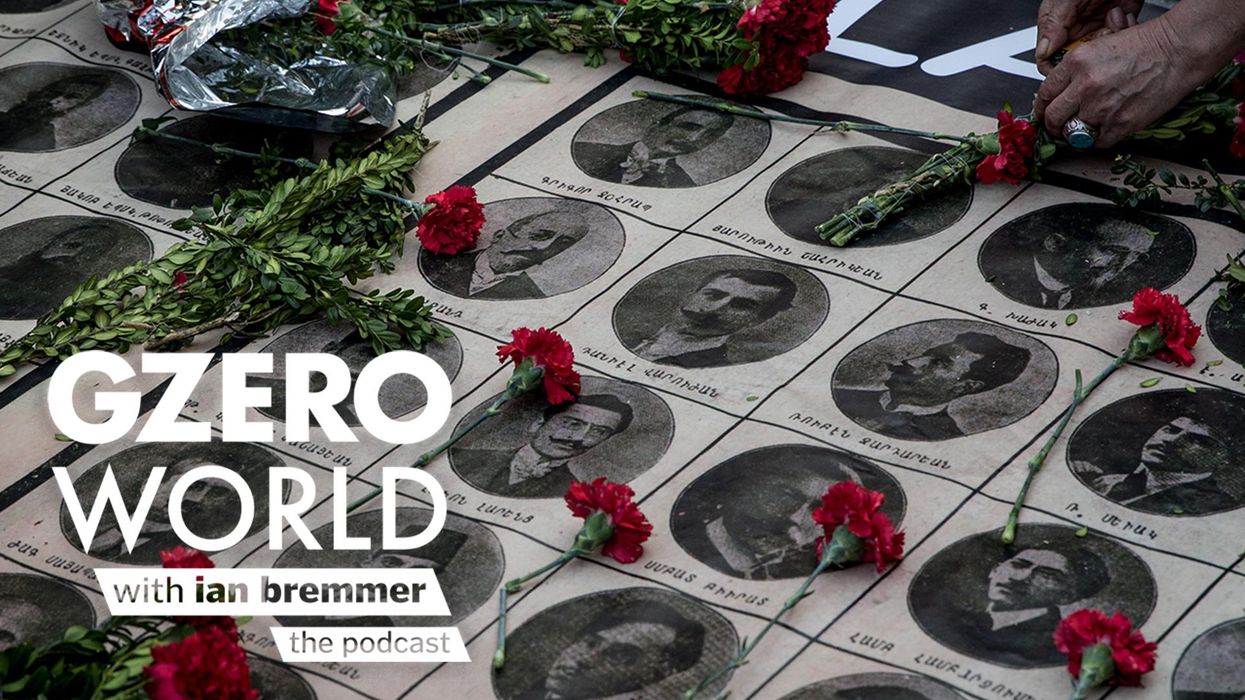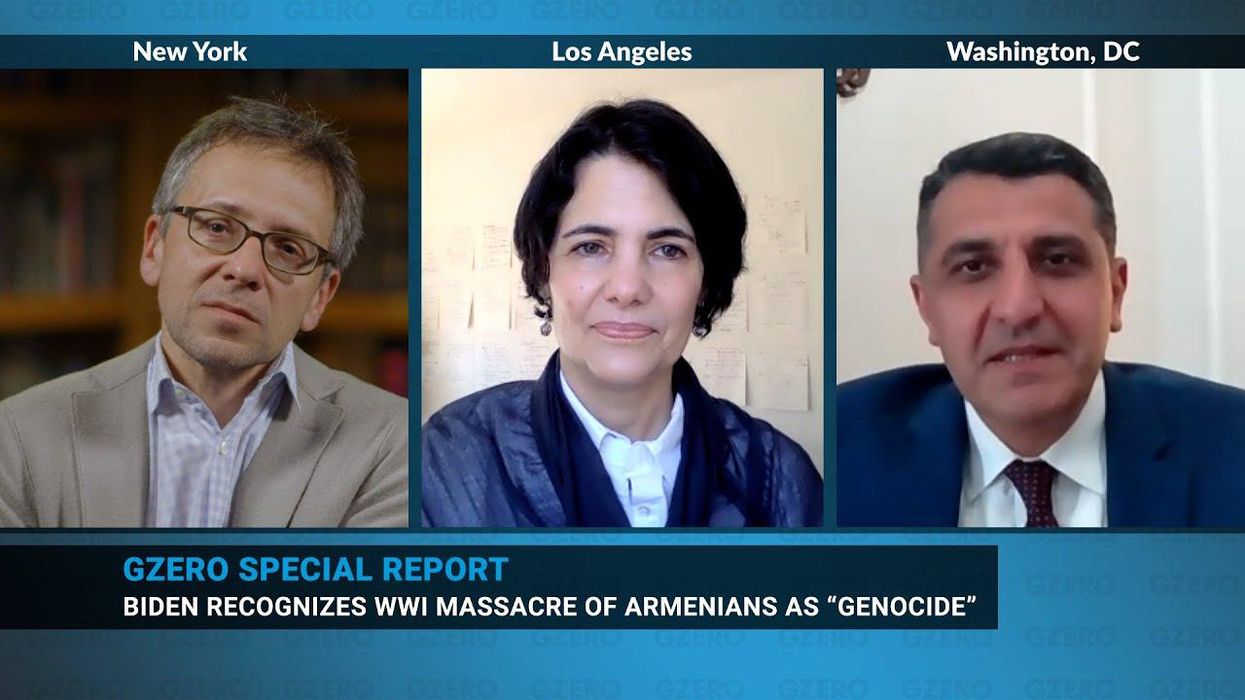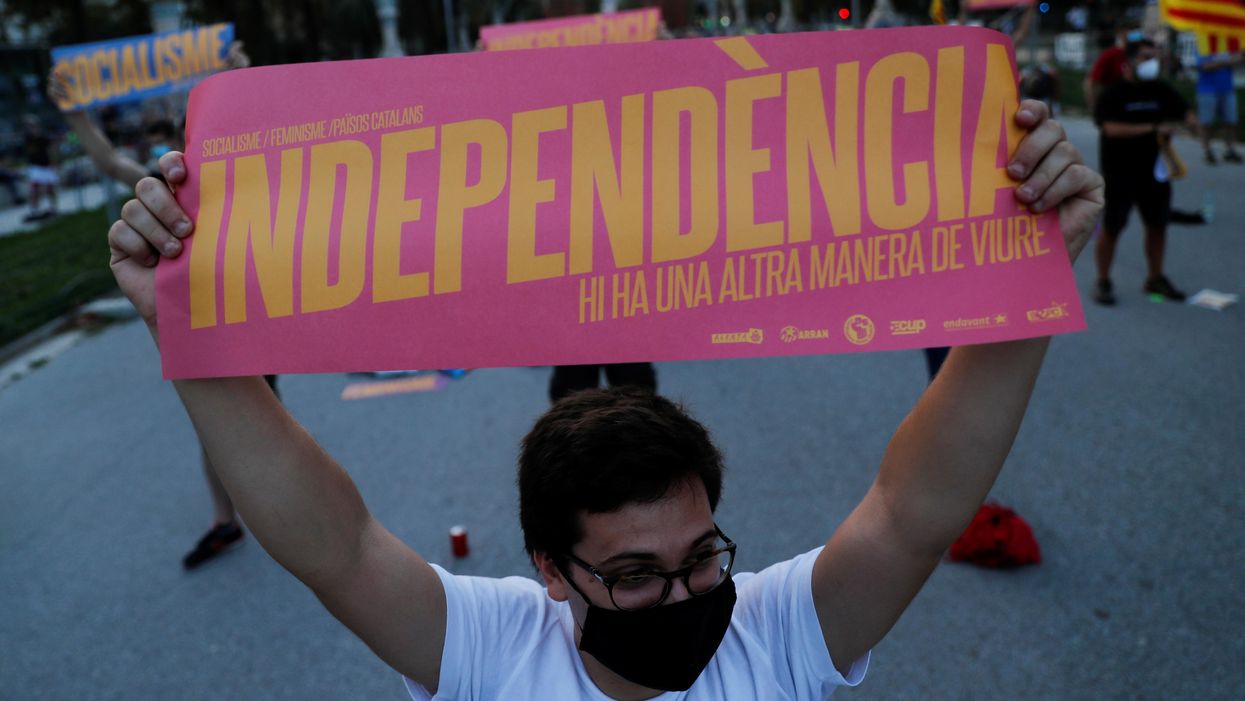popular
NATO battles: US shoots down Turkish drone in Syria
The US military on Thursday shot down a Turkish drone in northeast Syria, a remarkable development pitting two NATO states with an already complicated alliance against one another.
Oct 05, 2023




